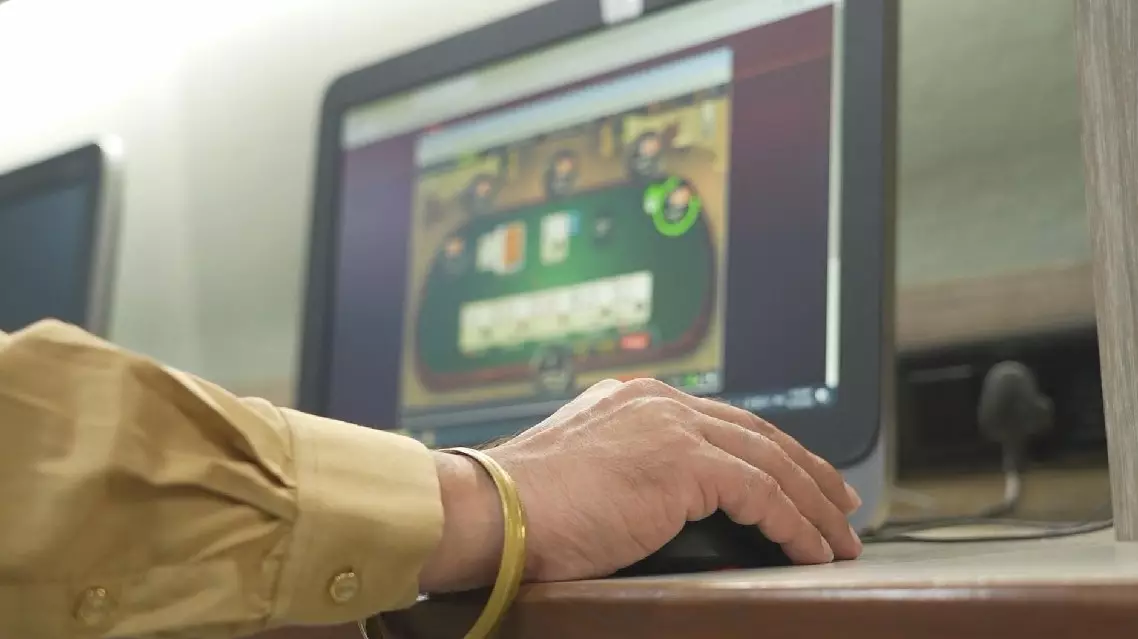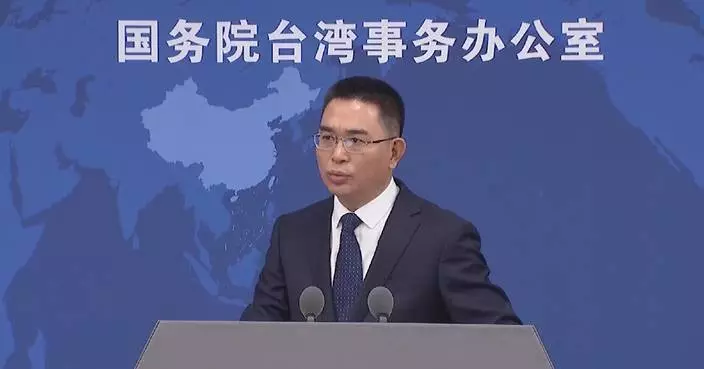More and more Indians are finding themselves glued to their screens playing online games, with some even losing their savings to online game gambling as the country's gaming industry has kept growing at a double-digit rate in recent years.
With an estimated 450 million players, India is now the world's second-largest online gaming market.
India's online gaming industry is worth nearly two billion U.S. dollars and has been growing at a rate of nearly 30 percent over the past three years. This growth has led to employment and revenue. But media reports point to a rise in gaming addiction and related debts as well.
Some of the addicts started playing with real money simply as a way to "alleviate stress", but they soon found themselves in trouble as they developed an addiction to online games.
For one of the gamers, gambling made him quit his job, wiped out his savings and ruined his relationship with his family.
"At the start, the winning amount was big. So, I started thinking it was a good side income and it became a habit. In a two-year timeframe, I put in over 180,000 U.S. dollars from my savings. I lost that and I also mortgaged my family's gold ornaments to get a loan. That money was lost and the jewelry too," he said.
He added that online gaming pushed him into depression for months, but with intervention he managed to turn things around.
Currently, Indian laws forbid gambling but allow skill-based games, which means card games like rummy and bridge can be played with real money and no restrictions.
As reports of crimes and self-harm related to online gaming debts rise in India, a few Indian states such as Tamil Nadu and Telangana have pushed for stricter regulations. But across much of the country, players are still getting caught in the web of high-stakes gaming, which sometimes leads them to take extreme measures. Despite stricter regulations, advertisements featuring celebrities to attract players and promises of big cash prizes are still frequently seen on websites. Psychologists said the promotions can potentially justify wrongdoing, which is set to hurt the online gamblers themselves.
"If there will be having celebrities endorsing anything, it works on aspirational values. So, a common person who is looking up to that particular person, whether it's a celebrity or anybody else who's endorsing, if you're looking up to that person, you automatically are going to relate and connect. So, it becomes easily justifiable that, alright, it could be something that even I can try and explore," said Nirali Bhatia, a cyber psychologist.
Even as the government has been working actively to revise laws, a resolution agreeable to all is yet to be reached.

Gaming addiction soars in India as online gaming industry booms









